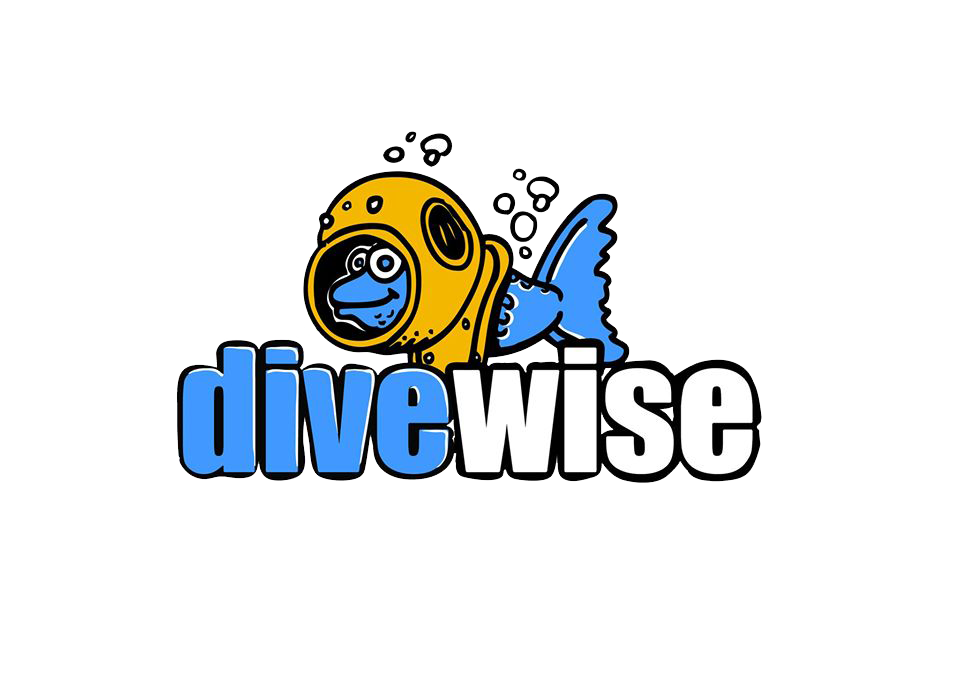Become An Elite!
Join the best of the best, the elite group of respected divers who have earned this rating through both significant experience and scuba training.CONTENTS:
Pre-requisites for the MSD Challange
- Be A PADI Open Water Scuba Diver
- Complete your Advanced Open Water Qualification
- Qualify in your PADI Rescue Course
- Complete 5 PADI Specialties
- Log 50 Open Water Dives (Lakes, Oceans, Dams, Just make sure its deeper than 5m and longer than 20 minutes)

Open Water Scuba Diver
An Open Water Scuba Diver is someone who has successfully completed:
- 5 Training sessions in confined water
- 4 Open water practical sessions in water deeper than 6m
- All Theory and 1 Exam
An Open Water Scuba Diver is able to dive to a maximum depth of 18m accompanied by another certified diver.
Any Open Water Scuba Diver is able to rent gear, book courses, and dive off boats.

Advanced Open Water Scuba Diver
An Advanced Open Water Scuba Diver is someone who has successfully completed:
- 2 Compulsory practical dives - Deep Diving & Underwater Navigation
- 3 Chosen practical dives
- 5 Knowledge Developments (Theory)
An Advanced diver is certified to dive to a maximum depth of 30m accompanied by another certified diver.
The advanced course is designed to give you an opportunity to gain more experience by trying new dives and opening up different types of diving and non-diving specialities.
The 5 given advanced dives are considered the "1st dive of the Specialty' and helping you to complete the specialities sooner.

Rescue Diver with EFR
The Rescue Diver Course is aimed at making you a more confident, comfortable and more responsible diver.
The Rescue Diver course is one of the most fun yet physically demanding, practical diving courses available. Once you have successfully completed the Rescue Course, you will be comfortable enough to help anyone including yourself in a given situation.
EFR - Emergency First Response
Having the PADI EFR course or a similar first aid course qualification will help you in and out of the water, at work or at home. Being a responder means you are able to help in a situation with general knowledge and practical experience on how to perform CPR, First Aid and Secondary aid to children and Adults.

5 Different Specialties
PADI has a variety of different specialties available to choose from.
They are broken into groups according to how many qualifications dives it will take to complete the specialty. There are some specialties that don't require any dives at all.
Because of the vast amount of specialties available that require certain terrain, weather and geological conditions, we can only offer certain specialities at Divewise.
- Project AWARE - Coral Reef Conservation
- Emergency Oxygen Provider
- Equipment Specialty
- Project AWARE Specialist
- Enriched Air Nitrox
- Project Aware - Dive Against Debris
- Altitude Diver
- Project AWARE - Fish Identification
- Project AWARE - Shark Conservation Diver (Distinctive)
- Boat Diver
- Digital Underwater Photographer
- Diver Propulsion Vehicle (DPV) Diver
- Drift Diving
- Drysuit Diving
- Multilevel Diver
- National Geographic Diver
- Peak Performance Buoyancy Diver (PPB)
- Underwater Naturalist
- Underwater Photographer
- Ice Diver
- Night Diver
- Semi-Closed Rebreather Diver (Dolphin/Atlantis)
- Sidemount Diver
- Underwater Navigator
- Underwater Videographer
- Cavern Diver
- Deep Diver
- Public Safety Diver
- Search & Recovery Diver
- Wreck Diver

50 Logged Dives
As scuba divers we use and maintain a dive log, often referred to as a logbook, to record important information related to each dive we make.
Typically a dive log contains information such as the date, time and location, of the dive and includes all the necessary information about the actual dive itself: the dive profile, depths, bottom time and air usage.
The logged dives are recorded not only for a record of the amount of diving you've done and experience you've obtained but also for concrete evidence of your dive profiles to show instructors and Dive Center staff.
To classify a "logged dive", the dive needs to be:
- No less than 20 minutes submerged underwater
- Deeper than 5 m depth, and
- Breathe at least 1400 litres of compressed gas

Fewer than two per cent of divers ever achieve this rating.
When you flash your Master Scuba Diver card, people know that you’ve spent time underwater in a variety of environments and had your share of dive adventures.
Every diver, who is at least 12 years old, should aim for Master Scuba Diver.
Written By: Amy-Sarah Lottering




